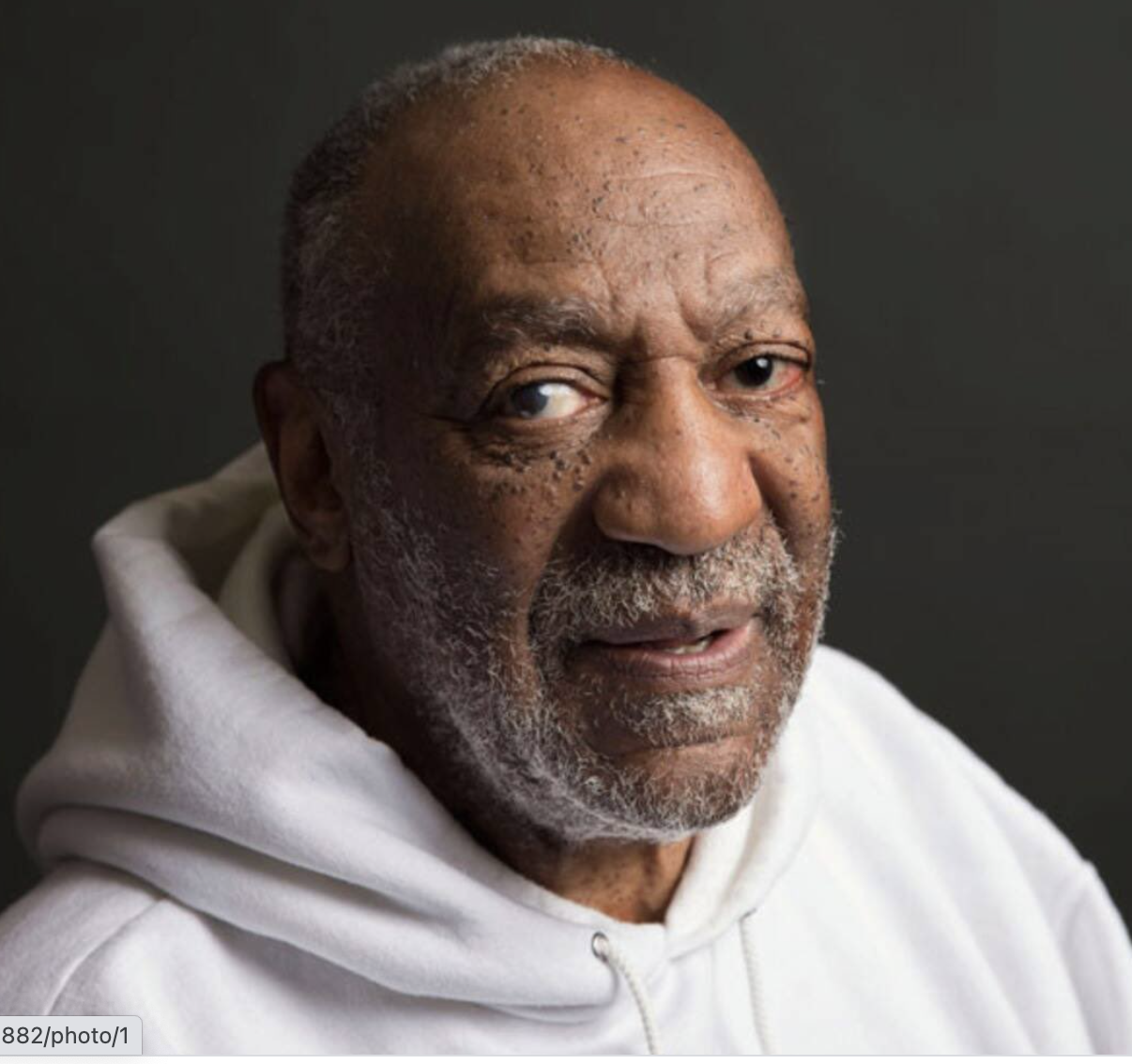Depending on what the U.S. Supreme Court decides, Bill Cosby’s taste of freedom may be brief.
On Monday, Montgomery County D.A. Kevin Steele announced he is asking it to review the Pennsylvania Supreme Court’s decision to overturn the famous comedian and actor’s conviction.
“Petitioning to ask the High Court to review was the right thing to do because of the precedent set in this case by the majority opinion of the Pennsylvania Supreme Court that prosecutors’ statements in press releases now seemingly create immunity,” said Steele in a press release. “This decision as it stands will have far-reaching negative consequences beyond Montgomery County and Pennsylvania. The U.S. Supreme Court can right what we believe is a grievous wrong.”
Some 60 women have accused the octogenarian of sexually assaulting them over the years. In 2017, a Montgomery County jury found him guilty of charges related to his treatment of then-Temple University employee Andrea Constand. She claimed Cosby drugged and assaulted her in his Elkins Park mansion in 2004. A judge subsequently sentenced him to three to 10 years in prison. He spent just over two years behind bars.
The state Supreme Court held in June that Cosby should never have been tried in the case because a previous prosecutor (Bruce L. Castor Jr.) sanctioned a “non-prosecution agreement” with the actor. “In light of these circumstances, the subsequent decision by successor D. A.s to prosecute Cosby violated Cosby’s due process rights.”
Cosby was promptly released and was soon back at his home, flashing reporters the victory sign.
Asked to comment, Andrew Wyatt, a spokesman for Cosby said, “Unwilling to accept (his) epic loss in the Pennsylvania Supreme Court, the Montgomery County District Attorney has now filed a Petition for a Writ of Certiorari to the United States Supreme Court. In short, the Montgomery County D.A. asks the United States Supreme Court to throw the Constitution out the window, as it did, to satisfy the #metoo mob.
“There is no merit to the DA’s request which centers on the unique facts of the Cosby case and has no impact on important federal questions of law,” said Wyatt. “The United States Supreme Court does not typically interfere with the rulings of a State’s high court unless it conflicts with the decisions of other state high courts or our federal court of appeals. This is a pathetic last-ditch effort that will not prevail. The Montgomery County’s DA’s fixation with Mr. Cosby is troubling, to say the least.”
But Steele contends the Cosby case opened the door for future plaintiffs to argue they may not be prosecuted based on a prosecutor’s press release, even if new evidence is found.
“This Court, not the Pennsylvania Supreme Court, should be the one to decide whether Cosby’s drastic expansion of (a previous case) is appropriate and whether its dramatic shift in law about prosecutorial statements should continue through our court systems,” said Steele in his pleading to the high court. “The issue is important because other courts have rejected the idea that press releases are bilateral agreements or issued as anything more than an administrative task. Under Cosby’s rationale, the accused in those cases now have transactional immunity, regardless of any potentially new evidence coming to light and regardless of whether the accused’s reliance on the statements was reasonable.”
Steele told the high court “Cosby is a dangerous precedent. A prosecution announcement not to file charges should not trigger due process protections against future criminal proceedings because circumstances could change, including new incriminating statements by the accused. The Pennsylvania Supreme Court held that due process makes detrimental reliance on a decision not to prosecute constitutionally enforceable, regardless of reasonableness. Detrimental reliance, according to that court, transforms a mere decision not to prosecute, or even the absence of a decision to prosecute, into a promise of non-prosecution with a constitutional guarantee. A suspect need only rely to his detriment to ratify his immunity to future prosecution. That is quite an attractive proposition, not only to celebrities like Cosby, but to all manner of garden-variety litigants.”
Castor declined to comment. It is unclear whether the U.S. Supreme Court will agree to hear Montgomery County’s appeal.
Follow us on social media: Twitter: @DV_Journal or Facebook.com/DelawareValleyJournal.

